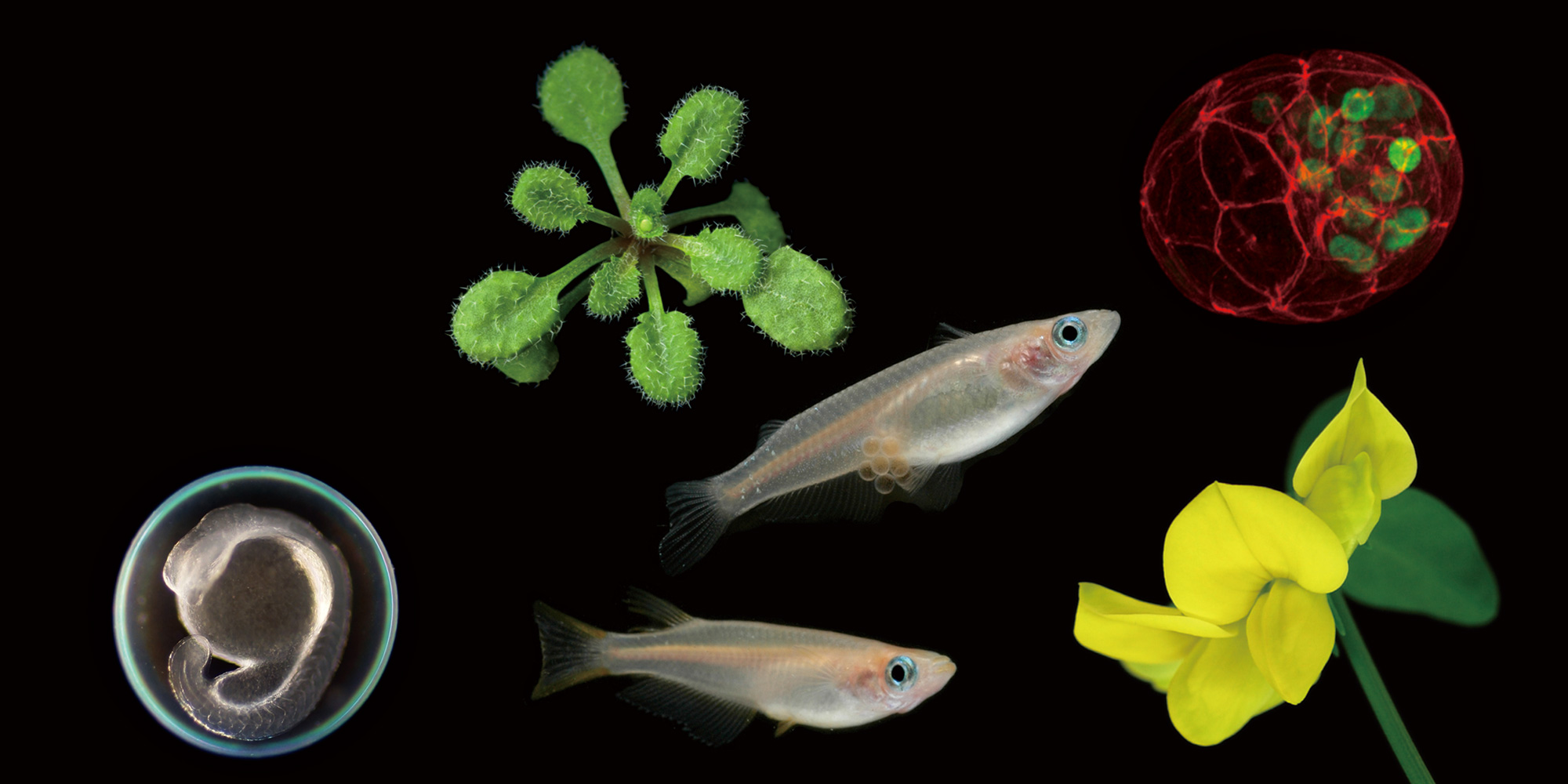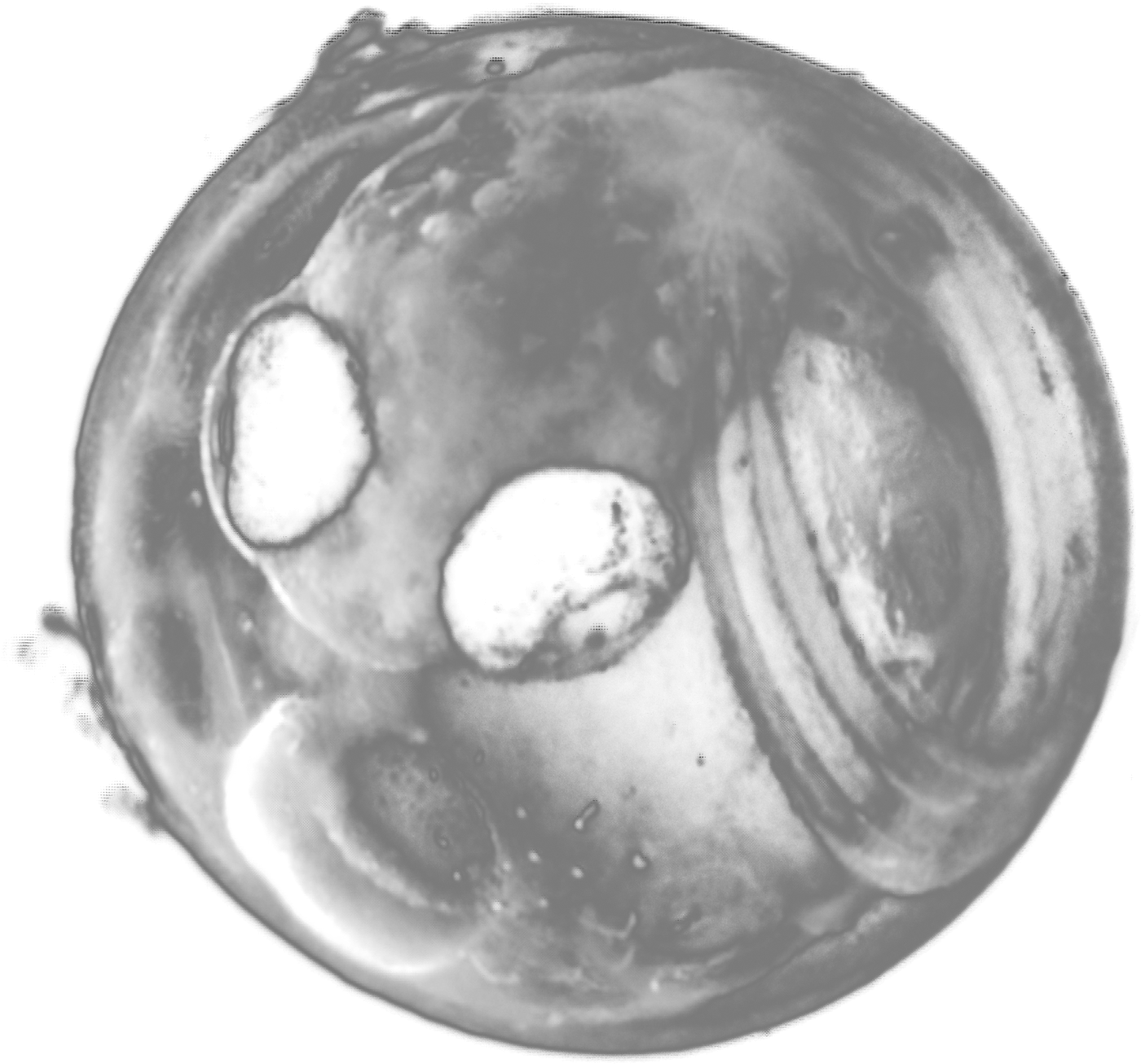2007.06.27 部門公開セミナー
Phenotypic diversity and microenvironment in clonal populations
Andras PALDI (GENETHON – Centre National de la Recherche Scientifique UMR 8115/Professor at Ecole Pratique des Hautes Etudes, France)
2007年06月27日(水) 16:30 より 18:00 まで
明大寺地区1階会議室(111)
行動生物学研究部門 今村拓也 内線7620
The culture of stem cells, but also of any other cell types is confronted to a difficulty. Phenotypic heterogeneity emerges spontaneously even in clonal cell populations making difficult to expand a homogenous subpopulations of cells with a given phenotype. The clonal origin of the cells and the global uniformity of the environment make it difficult to explain the induction of new cellular phenotypes by genetic or external causes. The heterogeneity is generated by the cellular system itself presumably by interactions between its own elements, the cells.
The main goal of our work is to understand the causes underlying the heterogeneity and reveal the epigenetic mechanisms responsible for the robustness of cellular phenotypes. We use computer simulations to test the hypothetic mechanisms of cell type diversification and experimental analysis to validate the predictions made by the simulations. Using this approach, we were able to show that the phenotypic switch depends on the inducing effect of the cellular microenvironment. The cellular phenotype is robust and can resist small stochastic variation of the environment which can only induce fluctuations around the stable phenotypic state. Large fluctuations, however, destabilize the cell and generate changes. The phenotypic robustness based on epigenetic mechanisms and transcription regulation networks rather than to a spontaneous propensity for differentiation.
Phenotypic heterogeneity is a natural and unavoidable feature of the cell populations even in culture. This can be seen as an obstacle for the large scale culture of cells with a desired phenotype, but also as an opportunity to set up cultures where the heterogeneity is canalised by the operator in the desired direction.







